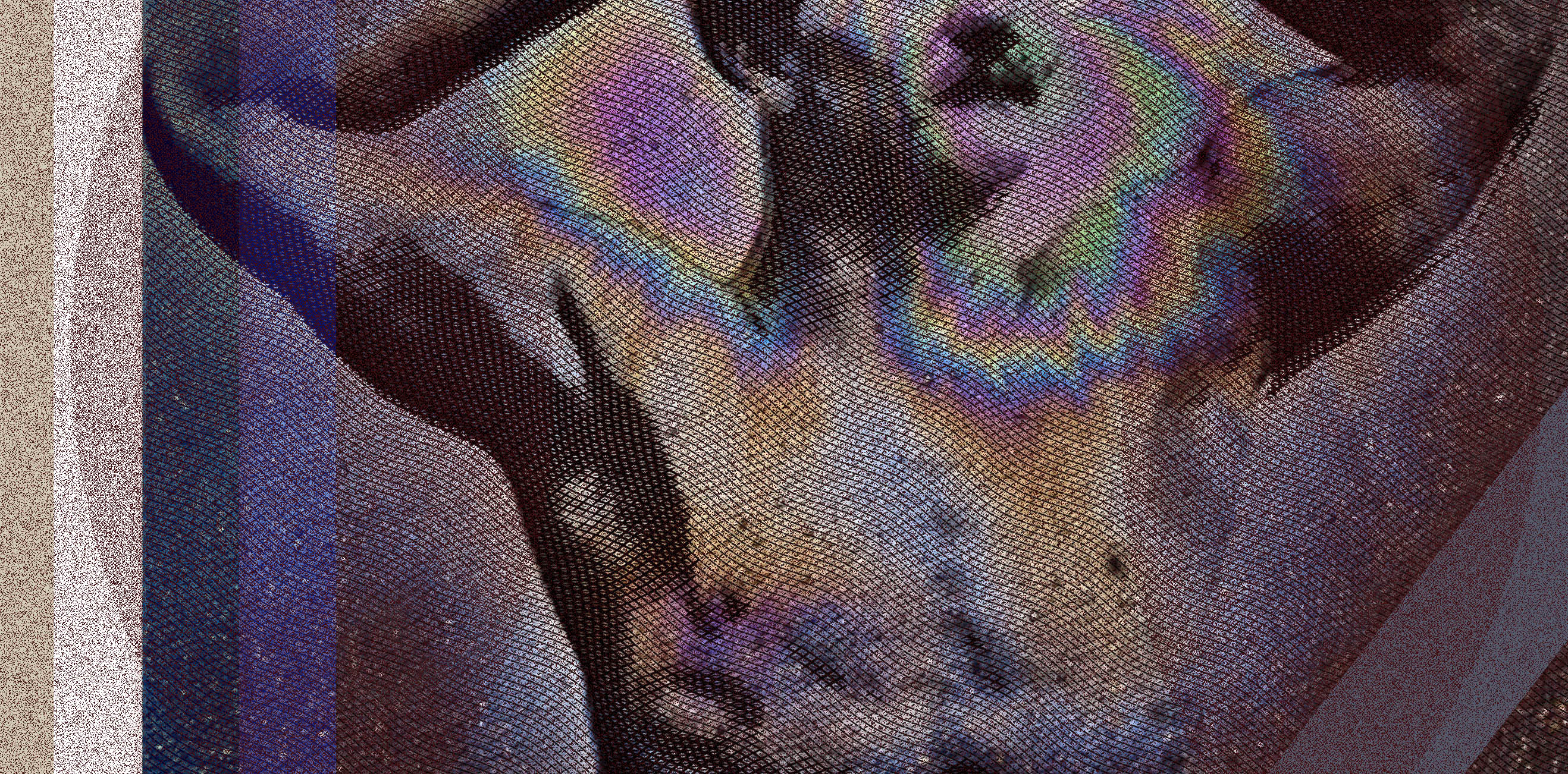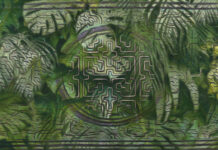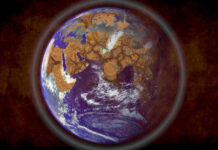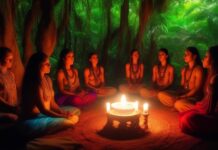Like many women, I was coerced into sexual acts by an ayahuasca “healer” through a carefully constructed series of manipulations and “spiritual” justifications.
I didn’t realize I had been sexually assaulted by a shaman until a few years after the incident. His manipulation brainwashed me, and for years I normalized his behavior, continuing to recommend his services to others. Like many women, I was coerced into sexual acts by an ayahuasca “healer” through a carefully constructed series of manipulations and “spiritual” justifications. Within these spaces, “healers” can claim to give the participant special powers, or promise a divine spiritual encounter if they engage in certain sexual activities with them. The prevalence of power abuse and manipulation within healing spaces is detrimental to the healing community as a whole, as well as affected individuals. Chacruna recently published the Ayahuasca Community Guide for the Awareness of Sexual Abuse, helping to create much- needed dialogue around this issue, as well as safeguard women in ayahuasca healing contexts. Indeed, it is important that we bring awareness to maltreatments within this community in order to create a more inclusionary and safe space for all participants.
Chacruna recently published the Ayahuasca Community Guide for the Awareness of Sexual Abuse
A Personal Account
My experience with plant medicines started three years ago in the Amazon jungle of Peru. My brown skin, and a reasonable command of Spanish, meant that locals often assumed that I was from some part of Latin or Central America. I wrongly assumed that my perceived similarities would guarantee my safety from predators within the community who would target obvious foreigners. My initial experiences with ayahuasca were at a popular retreat center, one I had chosen specifically because of their impeccable reviews on TripAdvisor and Aya Advisor. The retreat lasted for 10 days, under a shaman that many claimed facilitated and supported them through their healing process. I was the youngest in the group, and one of two females.
The shaman would often give me special attention, frequently showering me with compliments about my power, “specialness,” and visions; behavior that I have now come to realize, through the emergence of other stories, is commonly used by perpetrators of abuse. The shaman portrayed himself as a portal to a higher, more satisfactory way of being that I would soon be capable of experiencing.
He explicitly stated that it was my responsibility to “cure” him of his sexual malfunctions; something his wife could not do.
I visited the following year. Once again, the same sequence of compliments started; except now, the shaman also started talking to me about his personal problems with his wife and sexuality. He often claimed to “need” me. Initially, he said this in a ceremonial setting, for which I was glad. However, I soon became aware that the medicine served as a vehicle for his power, something he did not hesitate to reinforce. In the ceremonies, I was now under his influence, rather than the medicine’s; a participant in his dialogue, rather than my own healing process. He frequently appeared in my visions, always in a position of dominance over me, apparently “helping” me to “see.” Ayahuasca became a conduit for his other agenda. Before long his “need” for me in ceremony translated into sexual necessity. He explicitly stated that it was my responsibility to “cure” him of his sexual malfunctions; something his wife could not do.
Abuse Within the Spiritual Community
Unfortunately, my story is only one of many within the spiritual community. An emergence of the #MeToo movement with a focus on spiritual practices shed light on the prevalence of abusive power dynamics in so-called “healing spaces.” Over 300 responses were collected on the #MeToo blog focused on healing contexts. Women were finally given a platform where they were able to speak about their mistreatment in settings that they had believed to be safe.
participants are often promised special powers or a divine encounter if they engage in sexual activities with the “healer.”
A common theme that appears within these discussions is that participants are often promised special powers or a divine encounter if they engage in sexual activities with the “healer.” The “healers” in these situations present themselves as gateways to enlightenment and, sometimes. the only way. Through this persona they are able to manipulate participants into behaving and acting in certain ways and fulfilling sexual favors.
In other situations, spiritual leaders encourage participants to engage in sexual activities by insisting that these are part of their healing experience. This is seen in some branches of tantric practice. Even though tantra is a well-accepted sexual practice in the spiritual community, there are situations where the leader abuses their power by suggesting that certain rituals and practices are not complete unless a sexual element has been undertaken. Sexual abuse is overshadowed by the legitimacy of spiritual practices.
Additional justifications for sexual abuse within the spiritual community include claiming that the sexual activity is part of the participant’s healing journey. Stories are weaved that insist on the necessity of some form of sexual engagement in order to either transmit power from the leader to the participant or to facilitate healing. Once again, the “healer” is portrayed in a light of all-encompassing power and supremacy. The “healers” are able to use this to their benefit, preying on the insecurities and wounds that brought participants and patients to the healing space to further their own agenda. This creates deeper wounds, reinforcing ideas of unworthiness, shame, and guilt.
In many instances, the victim undergoes a series of manipulations that lead them to believe that the relationship is “consensual.”
Often, the abuse in spiritual communities is not overt. In many instances, the victim undergoes a series of manipulations that lead them to believe that the relationship is “consensual.” Instead, the “healer” has constructed a false identity, and, through this identity, claims to have the participant’s best interests at heart. Society frequently portrays spiritual leaders as figures of authority not to be questioned. A result of this is that, frequently, many of their abusive behaviors are excused or hidden. Victim blaming and shaming is common in these scenarios, as the men in power are highly influential and believed to be sacred and pure. Many stories shared on the #MeToo blog revealed that many women had tried to come forward and report retreat centers to popular booking websites, and were turned away. In order to repair the damage that has been caused by spiritual malpractitioners, it is important that we give those who have been abused a voice, and a platform from which to speak.
In order to repair the damage that has been caused by spiritual malpractitioners, it is important that we give those who have been abused a voice, and a platform from which to speak.
What We Can do
It is vital that we make healing spaces accessible for all, regardless of gender, sexuality, age, or ethnicity. We are not in a place of equality if certain groups of people are made to feel unsafe in ceremonies. A safe space is one that focuses on inclusion. It is a space where women are free to be healed by plant medicines without worrying about the possible malintent of the shaman. It is a space where a shaman does not become drunk with power. It is a space where a woman is not viewed as an object to be used to fulfill some sexual fantasy.
In order to maintain a safe healing space, it is important that we draw attention to the presence of sexual abuse within the spiritual community so we can move forward as a healing collective. We need to bring awareness to this dark aspect of the community. We need to focus on creating a safe space for all. We need to facilitate healing within the healing community.
Take a minute to browse our stock:
Did you enjoy reading this article?
Please support Chacruna's work by donating to us. We are an independent organization and we offer free education and advocacy for psychedelic plant medicines. We are a team of dedicated volunteers!
Can you help Chacruna advance cultural understanding around these substances?
















